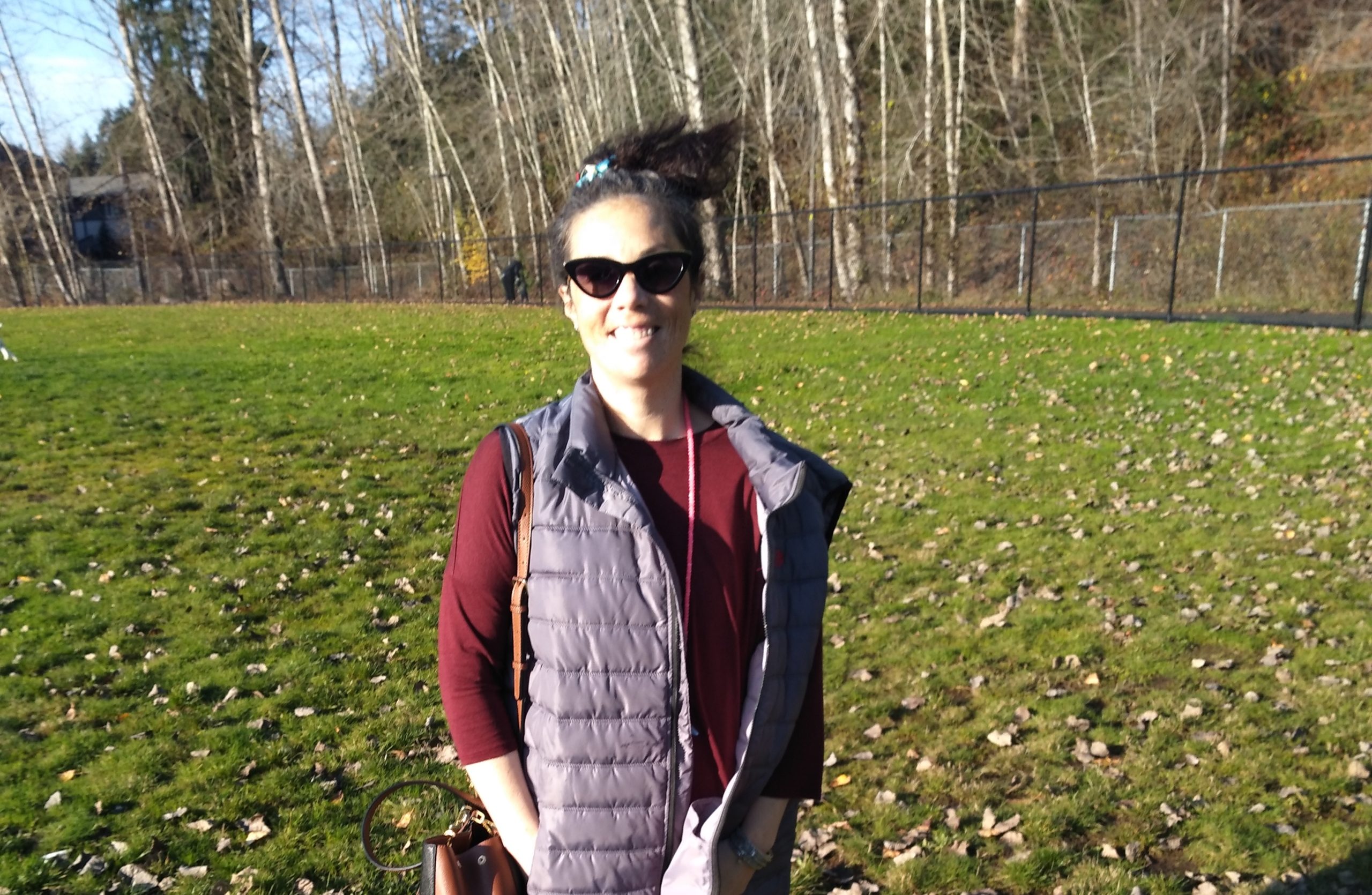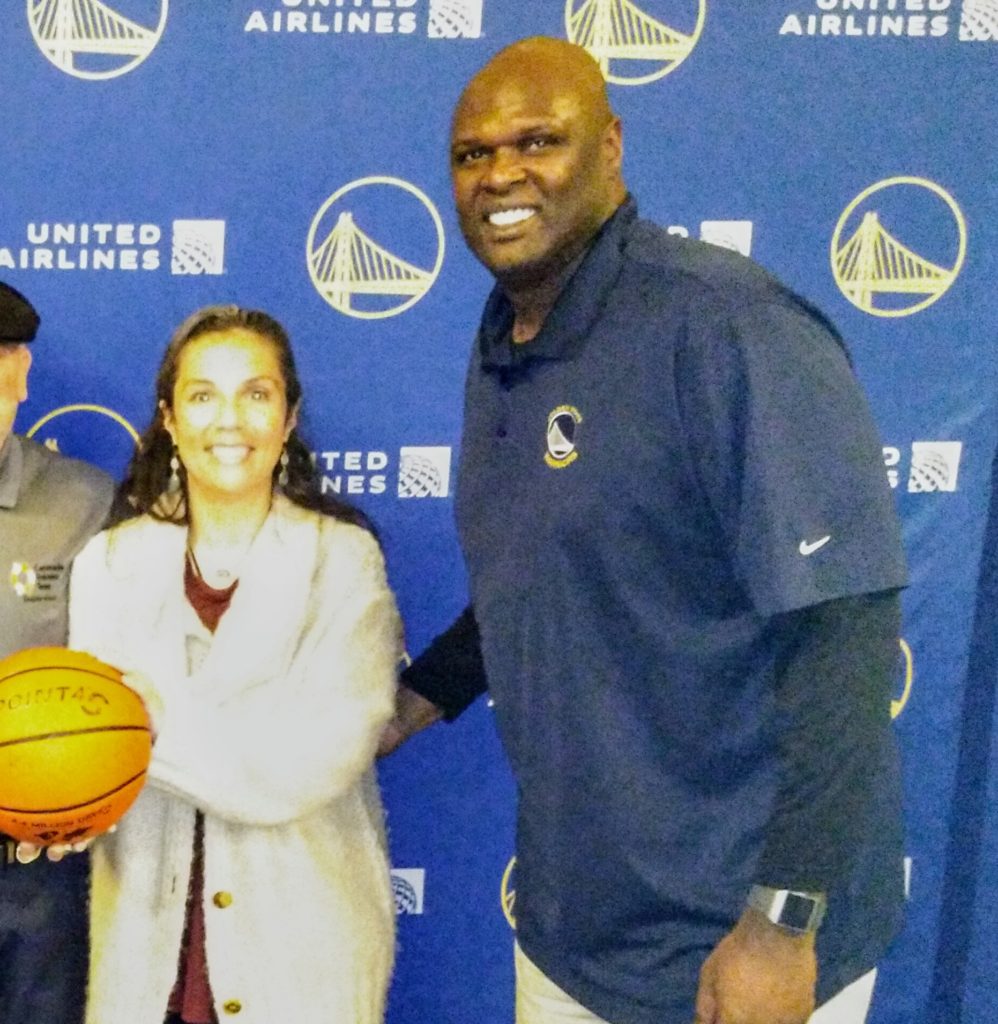Megan’s Story: To Value Money Means You Value Yourself

Meet Megan, an Assistant Supervisor for the Community Housing Partnership in San Francisco.
What do you do at the Community Housing Partnership?
I’m an Assistant Supervisor. I help our volunteer team supervise events and do marketing and partnerships with different programs like the Salvation Army. We work in areas to help prevent our clients from returning to homelessness.
What did your upbringing teach you about finances?
I grew up pretty middle class. My parents worked hard to give us a better life than they had. They tried to focus on savings. I consider myself a lot more fortunate than most people because I’m able to go on vacation.
My dad made a deal with me where he would double the money I received from babysitting if I put it into my savings. That was a good incentive for me.
Any noteworthy money lessons your parents taught you?
Savings was important. My dad used to talk about how money can go really quickly. My parents always gave us money for what we wanted and what we needed. I was very fortunate to get what I needed.
What have been your highest and lowest financial points?
I’ve struggled with homelessness myself. The lowest point was probably when all my money was going to my drug habit. I wasn’t able to save even $5 at a time because it would just go back to my bad habit.
My highest point is right now. I have saved some money right now, but I also do have debt. I believe I have more money now than I’ve ever had in my life.
What’s your advice on saving?
Start saving as young as you can, even if it’s just getting into the habit of saving $25 from every paycheck. If your job has a retirement plan, save there too. Have a savings account that you don’t touch. Once you get into the habit of taking money from your savings, it’s hard to stop.
If you can, put 20% into savings. Have a savings account for rainy day funds or a vacation. Have a goal for your savings. It’s also important to save for emergencies. Reward yourself along the way and do things to acknowledge that you’re saving.
One thing I’m learning is that it’s good to buy food and make it at home. That’s where I could be saving more money. Take time and organize your budget every month. Take time to organize and map out eating 80% of your food at home. This is still something that I still kind of struggle with.
I took for granted growing up with an oven and microwave because now I have a little room and making anything to eat is a huge mess. I’ve gotten too used to the convenience of eating out.

What’s the best piece of financial advice you’ve received?
My father always focused on saving, especially saving for retirement. If you can, take advantage of any savings program that your job has available. Additionally, pay off your credit card bill each month.
What does money mean to you in your life?
Money is a reflection of how a part of me is doing. It’s a very valuable and essential tool. It’s important and it should be respected. I learned the relationship between spending money and how I’m feeling about myself. When I’m feeling good about myself, I’m not spending as much money. When I’m not feeling as well, I might buy things and sometimes end up feeling worse.
What are your savings goals?
I need a surgery that is expensive, and my insurance doesn’t fully cover it.
Also, I would also like to get to a place where I’m making enough income to afford a new apartment that’s located in a safer area. I’m in low-income housing right now. I would like a place with more room, my own bedroom, my own bathroom, my own kitchen.